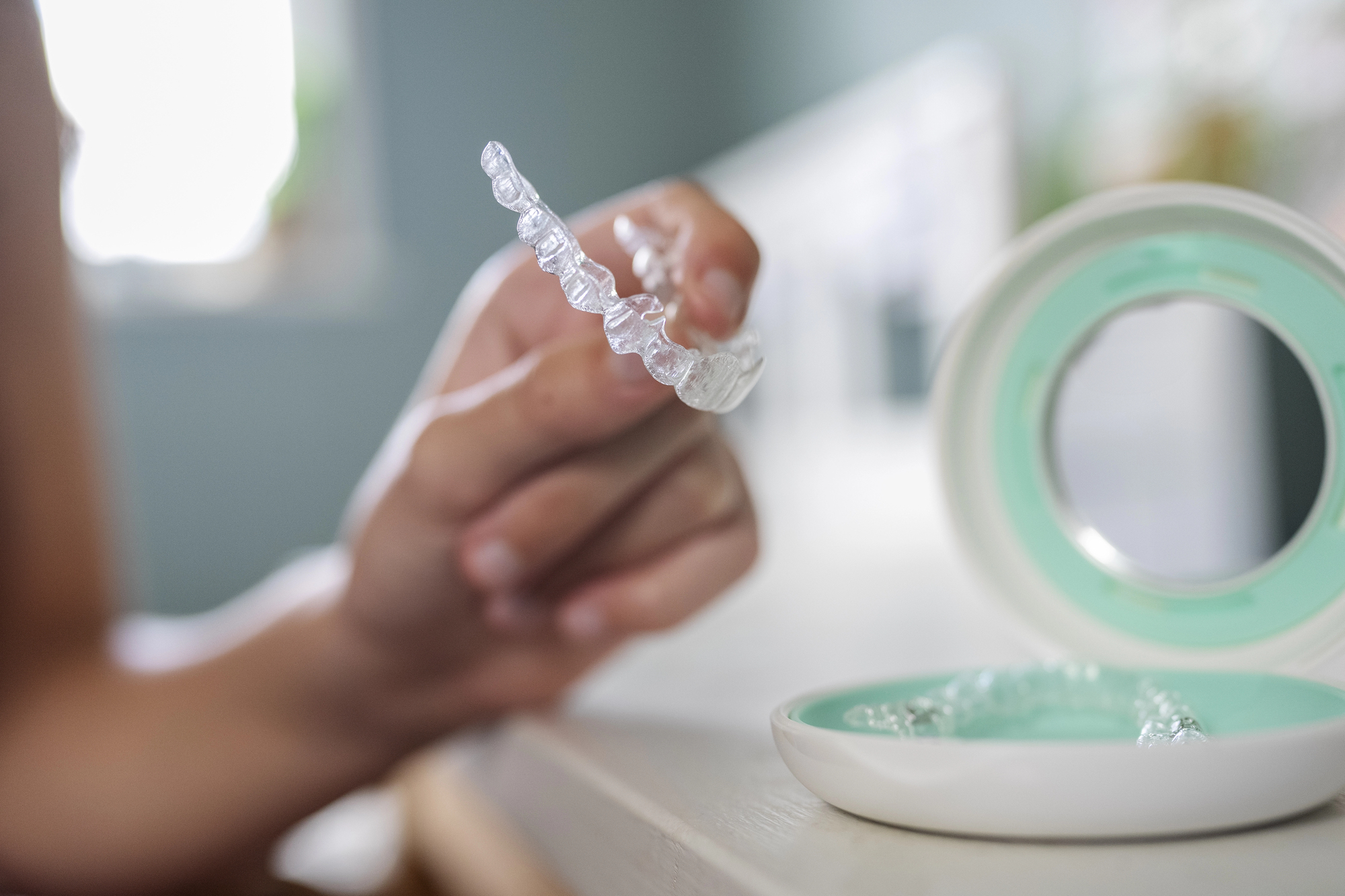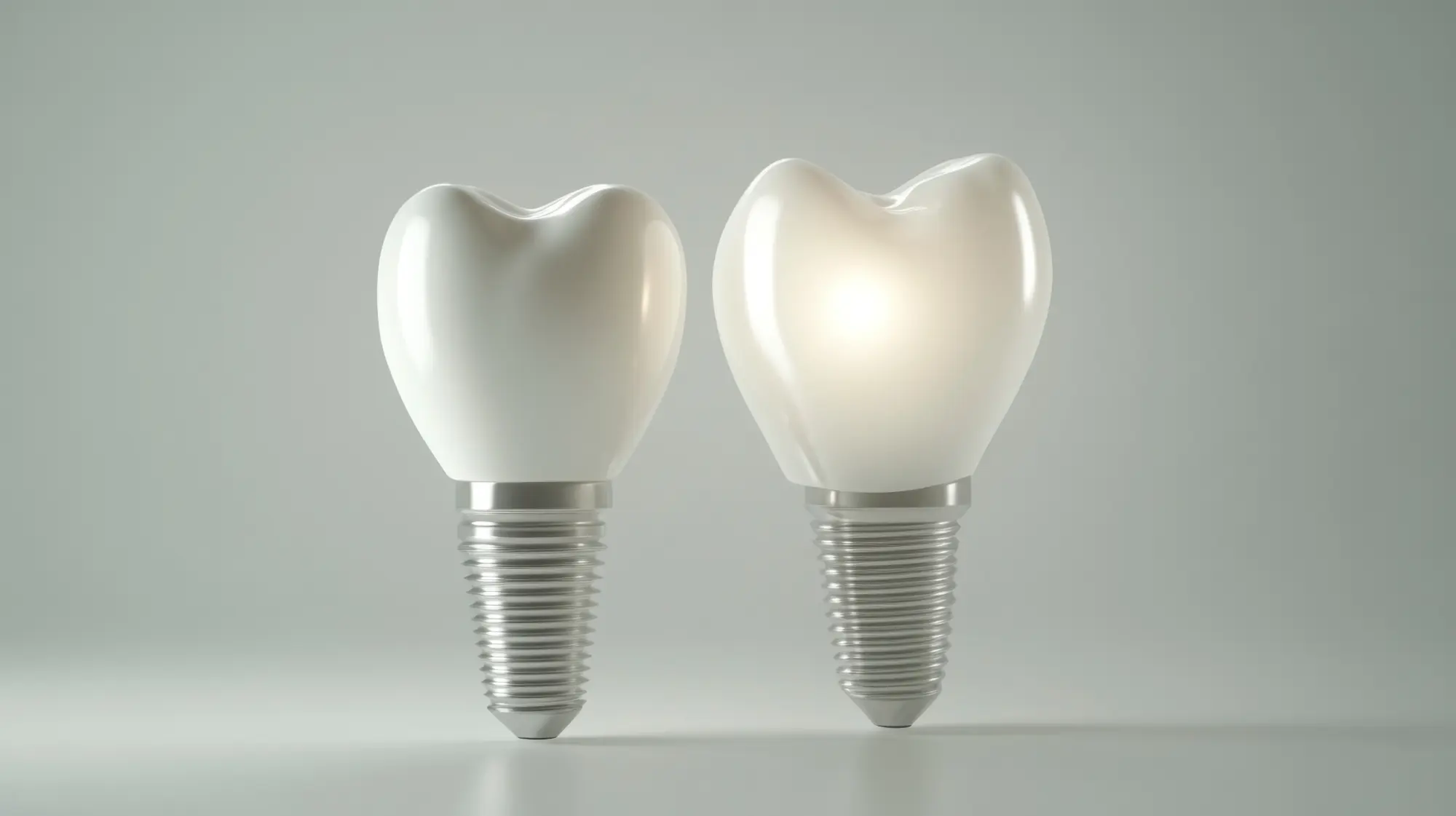
How Is Sleep Apnea Treated?
Sleep apnea is a common yet serious sleep disorder that affects millions of individuals worldwide. Characterized by repeated interruptions in breathing during sleep, it can lead to a host of health issues if left untreated. But fear not, as there are various effective treatments available that can help manage and alleviate the symptoms of sleep apnea. Whether you're newly diagnosed or have been struggling with this condition for a while, understanding the treatment options available is the first step towards a better night's sleep and improved overall health.
Understanding Sleep Apnea
Before diving into the treatment options, it's crucial to understand the types of sleep apnea, as this can influence the approach to treatment. There are three main types:
- Obstructive Sleep Apnea (OSA): The most common form, caused by a blockage of the airway, usually when the soft tissue in the back of the throat collapses during sleep.
- Central Sleep Apnea: Occurs when the brain fails to send proper signals to the muscles that control breathing.
- Complex Sleep Apnea Syndrome: Also known as treatment-emergent central sleep apnea, this occurs when someone has both obstructive sleep apnea and central sleep apnea.
Understanding which type you have is essential for determining the most effective treatment plan.
Continuous Positive Airway Pressure (CPAP) Therapy
One of the most common and effective treatments for obstructive sleep apnea is Continuous Positive Airway Pressure (CPAP) therapy. This involves wearing a mask over the nose and/or mouth while sleeping, which is connected to a machine that supplies a continuous stream of air, keeping the airways open.
- Benefits: Highly effective at reducing or eliminating sleep apnea episodes, improving sleep quality, and reducing daytime sleepiness.
- Considerations: Some people find the mask uncomfortable or have difficulty adjusting to the sensation of the air pressure.
Despite some initial discomfort, many users find CPAP therapy to be a life-changing treatment, significantly improving their quality of life.
Oral Appliance Therapy
For those who find CPAP machines cumbersome or uncomfortable, oral appliance therapy offers a viable alternative. These custom-fitted devices, similar to mouthguards, are worn during sleep to help keep the airway open by repositioning the jaw or tongue.
- Advantages: More comfortable and portable than CPAP machines, making them ideal for travel.
- Effectiveness: Particularly effective for those with mild to moderate obstructive sleep apnea.
Consulting with a dental professional, such as Dr. Sanae Berrada at Fairfax Dental Esthetics, can help determine if this is the right option for you.
Lifestyle Changes and Surgical Options
In addition to CPAP and oral appliances, lifestyle changes can play a significant role in managing sleep apnea. These may include:
- Weight Loss: Reducing excess weight can help decrease the severity of sleep apnea.
- Positional Therapy: Encouraging side sleeping can prevent the tongue and soft tissues from blocking the airway.
- Avoiding Alcohol and Smoking: These substances can exacerbate apnea symptoms.
For severe cases, surgical options may be considered, such as Uvulopalatopharyngoplasty (UPPP) or Inspire therapy, which involves implanting a device to stimulate airway muscles during sleep.
Take Control of Your Sleep Health in Fairfax, VA
If you or a loved one is struggling with sleep apnea, it's time to take action and reclaim restful nights. At Fairfax Dental Esthetics, Dr. Sanae Berrada and her team are dedicated to helping you find the most suitable treatment plan tailored to your needs. Don't wait any longer—contact us today at (703) 279-3400 to schedule an appointment and take the first step towards better sleep and improved health in Fairfax, VA.





















